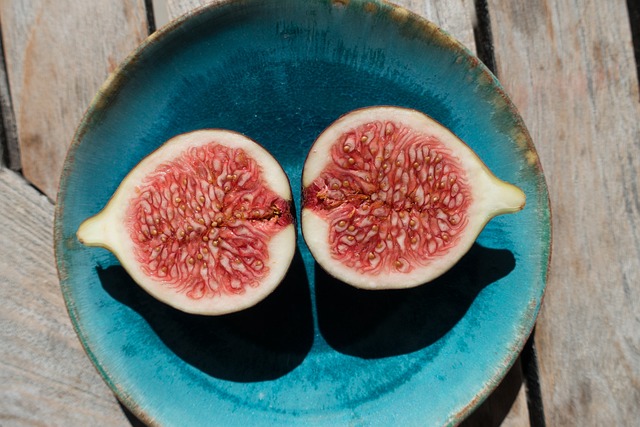Boost Your Immunity with Probiotics: Strengthening Your Body’s Natural Defenses
The human body is a complex system with its own natural defense mechanisms. One key aspect of maintaining a strong immune system is having a healthy and diverse population of beneficial bacteria in your gut. This is where probiotics come into play. Probiotics are live microorganisms that, when consumed in adequate amounts, offer numerous health benefits. In this article, we will explore how probiotics can boost your immunity and enhance your body’s ability to fight off infections.
Understanding Your Immune System
Before we dive into the role of probiotics in strengthening your immune system, let’s briefly understand how the immune system functions. The immune system is a complex network of cells, tissues, and organs that work together to defend your body against harmful pathogens, such as bacteria, viruses, and fungi.
When your immune system is functioning optimally, it can identify and neutralize these pathogens, preventing them from causing illness. However, various factors like stress, poor diet, lack of sleep, and antibiotic use can weaken the immune system, making you more susceptible to infections and diseases.
The Gut Microbiota and Immunity
Your gut is home to trillions of microorganisms, known as the gut microbiota. These microorganisms, including bacteria, viruses, and fungi, play a crucial role in maintaining your overall health, including the functioning of your immune system.
Probiotics, often referred to as “good bacteria,” are live microorganisms that can be found in certain foods or supplements. When consumed, they colonize in your gut and exert beneficial effects on your health.
Research suggests that probiotics can modulate the immune response by interacting with your gut microbiota and influencing the activity of immune cells. They stimulate the production of antibodies, enhance the function of natural killer cells, and reduce inflammation in the body. These actions collectively strengthen your immune system and improve its ability to fight off infections.
The Benefits of Probiotics for Immunity
Consuming probiotics regularly can offer several benefits for your immune system:
1. Enhanced Antimicrobial Activity:
Probiotics produce antimicrobial substances that can inhibit the growth of harmful pathogens in your gut. By doing so, they create a more favorable environment for beneficial bacteria to thrive, which helps in preventing infections.
2. Reduced Risk of Respiratory Infections:
Studies have shown that certain strains of probiotics can reduce the risk and duration of respiratory infections, such as the common cold and influenza. They achieve this by enhancing the mucosal immune response in your respiratory tract.
3. Stronger Gut Barrier:
Your gut lining acts as a barrier against harmful substances trying to enter your body. Probiotics help maintain the integrity of the gut barrier by regulating the production of tight junction proteins. This prevents the entry of toxins and pathogens into your bloodstream, reducing the risk of infections.
4. Regulation of Immune Response:
Probiotics can modulate the activity of immune cells, such as T-cells and B-cells, which play a critical role in recognizing and fighting off infections. They assist in balancing the immune response, ensuring it is neither overactive nor underactive.
5. Allergy Prevention:
Research suggests that early-life exposure to probiotics may reduce the risk of developing allergic conditions, such as eczema and asthma. Probiotics support the development of a healthy immune system, which can prevent allergies from developing later in life.
Food Sources of Probiotics
If you’re looking to incorporate probiotics into your diet naturally, here are some food sources rich in these beneficial microorganisms:
- Yogurt
- Kefir
- Sauerkraut
- Kombucha
- Kimchi
- Miso
These foods not only provide you with







